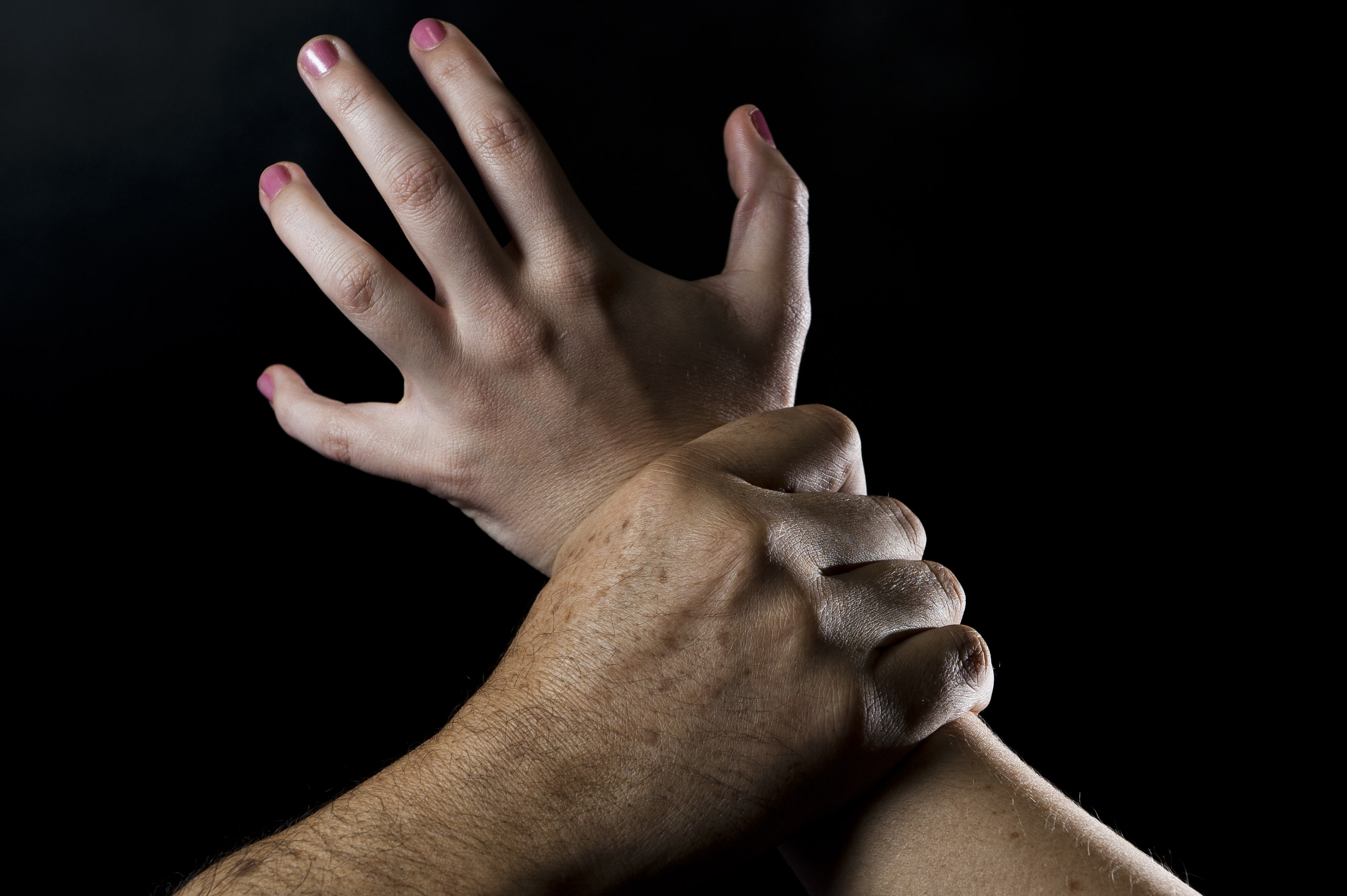Sexual assault and harassment in the news industry is often underreported or not reported at all for fear of being fired or swept under the rug. However, these accusations deserve to be taken just as seriously as any other sexual assault survivor, and should not affect the reporter’s job.
With the rise of the #MeToo movement, more women are finding their voices after being silenced for years. Whether they have been sexually assaulted or harassed, female journalists are coming forward with their stories.
CNBC reported that 19 percent of American adults have been victims of sexual harassment in the workplace, and 27 percent of working females have experienced workplace harassment.
Colombian correspondent Julieth Gonzalez Theran was reporting live when a male fan came up and groped her breast and kissed her cheek. Theran continued with her report, but she wasn’t the only one who was harassed.
Brazilian reporter Julia Guimaraes dodged a kiss by a fan while on air from Yekaterinburg. Guimaraes spun around and began shouting at the harasser, saying “This is not polite. This is not right.. never do this to a woman. Respect!”
Virginia Wyckoff, a senior journalism major at KSU, was one of four students who traveled to Russia to cover the World Cup over the summer. While covering the event, Wyckoff said she experienced a lot of harassment as well.
“Some of it seemed harmless like ‘what are you doing later tonight?’ Or ‘do you have a boyfriend,’” said Wyckoff. “But other times it was kisses on the cheek without permission and asking me about my sex life.
“I commend Julieth Theran for remaining professional in that uncomfortable situation,” Wyckoff continued. “We should all be respectful of other’s careers and bodies no matter what gender.”
These behaviors are completely unacceptable and must be taken seriously. In the news industry, names, egos, and who you know run the table. Reporting sexual assaults is already difficult for the survivor, but having to report a “big name” in the media industry could potentially ruin the survivor’s career, and takes more courage than imagined.
Thanks to the brave women coming forward, media has watched the fall of the New Yorker’s Ryan Lizza, political commentator Mark Halperin, the New Republic’s Leon Wieseltier, the New York Times’s Glenn Thrush, NBC’s Matt Lauer and Charlie Rose of PBS and CBS.
According to a survey done by the International Women’s Media Foundation, “nearly half of female journalists globally have experienced workplace harassment, and two-thirds have experienced threats, intimidation or abuse.”
A 2014 study of Twitter attacks showed that in journalism, women received more abuse online than men. The study showed that female journalists and news anchors received three times as much abuse as men.
Female sports reporters especially experience moments of harassment like Guimareas and Theran in Russia. Sports Illustrated writer Richard Deistch spoke to several female sports reporters about their experiences. Most of the recollections sounded the same — flirtatious sexual remarks, invitations to hotels and threatened rumors of sleeping with players. Female reporters also experience disgusting advances when seeking information.
“One of the most frustrating things about my job is knowing that there’s information to be had — for the right price,” one woman told Deitsch. “But that bartering system can often be a slippery slope for us, as women. ‘What’s in it for me?’ is the response I’ve gotten from certain players, coaches, agents, execs, etc.”
Female journalists should not have to fear unwanted advancements from male counterparts or subjects when they are simply performing their job as a reporter —seeking and reporting the truth.


